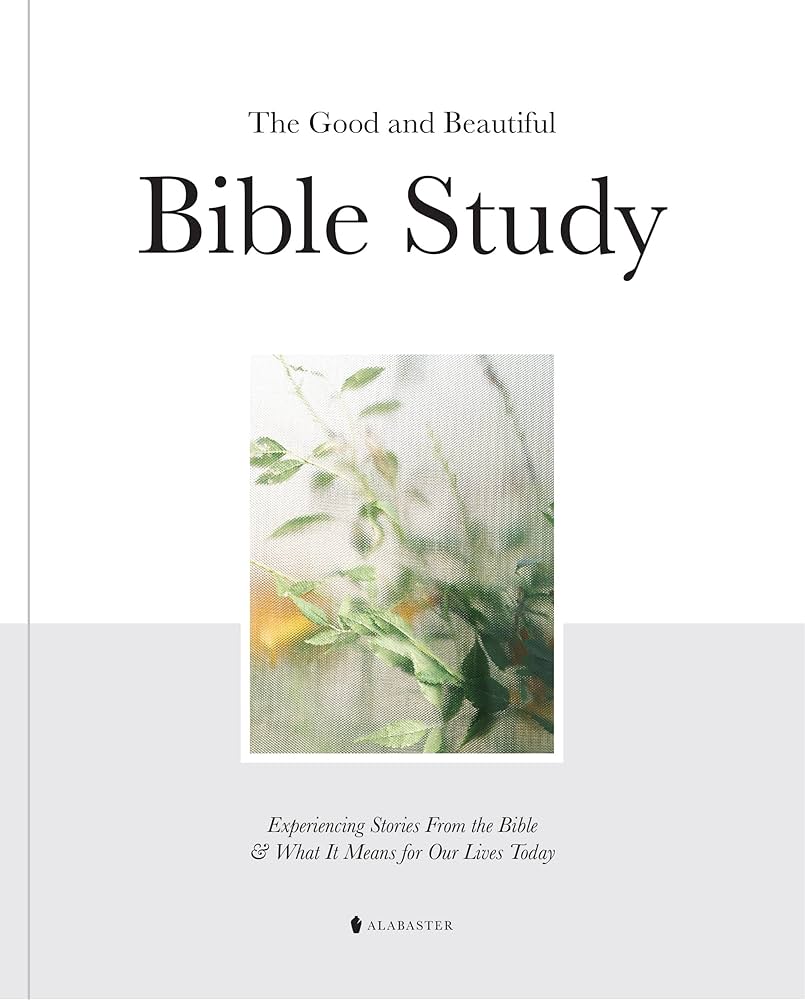Bible Study Books: A Comprehensive Guide

The pursuit of understanding and engaging with the Bible has led to the creation of a vast and diverse range of resources, collectively known as “Bible study books.” These resources cater to a wide spectrum of needs, from beginners seeking foundational knowledge to seasoned scholars delving into intricate theological interpretations. This article explores the world of Bible study books, examining various genres, prominent authors, the educational value of these books, their impact on libraries and archives, and their overall cultural significance.
Exploring the Genres of Bible Study Books
Bible study books encompass a multitude of genres, each designed to facilitate a unique approach to scriptural understanding. These genres cater to different learning styles, theological perspectives, and spiritual goals.

1. Introductory Guides and Basics
For individuals new to Bible study, introductory guides offer a gentle and accessible entry point. These books often provide an overview of the Bible’s structure, history, and key themes, equipping beginners with the foundational knowledge necessary to navigate the complexities of scripture. They typically explain the different sections of the Bible—Old Testament and New Testament—and the types of literature they contain, such as law, history, poetry, prophecy, and Gospels. Many introductory guides include practical tips and techniques for effective Bible study, such as how to read and interpret scripture, how to engage in personal reflection, and how to participate in small group discussions. Examples of this type include Bible Study Guide for Beginners: Each of the 66 Books Explained for Getting Started (The Bible Study Book) and similar titles focusing on providing foundational knowledge. These books usually emphasize the overall narrative of the Bible, highlighting the key themes and messages that run throughout the scriptures.

2. Topical Studies
Topical studies delve into specific themes or issues within the Bible. These books might focus on a single topic, such as prayer, forgiveness, or leadership, or explore a broader theme across multiple biblical texts. Topical studies offer a focused approach to Bible study, allowing readers to deepen their understanding of specific areas of scripture. These studies typically use a combination of scripture readings, theological analysis, and practical application. The structure of topical studies allows readers to gain a deeper understanding of a particular topic by exploring multiple verses and passages from different books of the Bible that relate to that specific theme.

3. Commentary and Interpretation
Commentary books offer in-depth explanations and interpretations of biblical texts. These books, typically written by biblical scholars and theologians, provide insights into the historical, cultural, and literary context of scripture. Commentaries can be helpful for understanding the nuances of the text and for developing a richer and more meaningful understanding of the Bible. They often offer various interpretations, engaging with the diversity of theological viewpoints and helping readers engage in critical thinking about the scripture.
4. Devotional and Reflective Guides
Devotional and reflective guides focus on personal spiritual growth. These books often use scripture readings as a starting point for personal reflection and prayer. They encourage readers to consider how biblical principles apply to their lives and to develop a closer relationship with God. Devotional guides provide daily or weekly readings, reflections, and prayers. They can be used for personal devotions or in small group settings.
5. Study Bibles
Study Bibles combine a complete Bible text with extensive notes, articles, maps, and other supplementary material designed to enhance understanding. These Bibles are valuable tools for both personal and group study. They provide a wide variety of information, making them particularly helpful for understanding the context, history, and theology of the Bible. Many study Bibles feature study guides for each chapter, making them ideal for personal or group study.
6. Life Application Studies
Life application studies focus on how biblical principles apply to contemporary life. These books often use real-life examples and stories to illustrate the relevance of scripture to daily challenges and situations. Life application studies are designed to equip readers with biblical wisdom for navigating the complexities of modern life. They frequently use practical exercises and discussions to enable readers to integrate biblical principles into their daily routines.
Notable Authors and Their Contributions
Numerous authors have contributed significantly to the world of Bible study books. Their diverse backgrounds and theological perspectives have enriched the field, providing a vast array of resources for readers.
Many authors are renowned for their expertise in specific areas of biblical scholarship, such as Old Testament studies, New Testament studies, or theological interpretation. Some authors specialize in writing Bible study guides for beginners, while others focus on creating in-depth topical studies for seasoned Bible students. Some of these authors might have a particular theological perspective that they integrate into their Bible study books, which may appeal to readers who share that same perspective.
The Educational Value and Life Lessons of Bible Study Books
Beyond their religious significance, Bible study books provide considerable educational value and offer life lessons applicable across various aspects of life.
Educational Value
Bible study books encourage critical thinking, historical analysis, and literary interpretation. Engaging with these texts sharpens reading comprehension, strengthens research skills, and develops analytical capabilities. Studying different cultures and time periods depicted in the Bible expands cultural literacy. Moreover, the Bible’s impact on literature, art, music, and social movements provides a rich context for understanding Western civilization.
Life Lessons
The Bible’s narratives, parables, and teachings offer timeless wisdom on essential human experiences such as love, loss, forgiveness, justice, and perseverance. These lessons, explored and analyzed in Bible study books, cultivate emotional intelligence, ethical awareness, and interpersonal skills. Bible study fosters personal reflection and self-awareness. It can help individuals to grapple with difficult questions about their faith, their values, and their purpose in life.
Bible Study Books and Libraries: A Symbiotic Relationship
Libraries, both physical and digital, play a crucial role in preserving and making available the vast collection of Bible study books.
Public Libraries
Public libraries house an extensive collection of Bible study books, offering access to these resources for the community. They provide a space for research, study, and reflection, promoting literacy and education within the community. Public libraries offer various programs and services to support Bible study, including book clubs, workshops, and lectures.
Digital Libraries
Digital libraries expand access to Bible study books globally. Online platforms offer e-books, audio books, and digital archives, enabling individuals worldwide to access these resources. Digital libraries provide accessibility to those who might not have physical access to traditional libraries. They also offer search capabilities, allowing readers to easily find relevant books, articles, and commentaries.
Rare Collections and Archives
Rare collections and archives preserve historically significant Bible study books, offering invaluable resources for scholars and researchers. These archives provide insights into the historical development of biblical interpretation and the cultural impact of these texts. Researchers can examine original manuscripts and early printed editions of Bible study books. This also contributes to the study of the evolution of theological thought.
The Cultural Impact of Bible Study Books
Bible study books have had a profound and lasting impact on culture, influencing literature, art, and societal values.
Literary Influence
The Bible’s narratives and characters have inspired countless literary works, from epic poems to contemporary novels. The Bible’s stories and characters have frequently appeared in literature, art, music, and other forms of media. The Bible’s imagery, symbolism, and themes have been adopted and adapted by writers across various genres, which reflects its pervasive influence on the creative imagination of humanity.
Adaptations
The Bible has been adapted into numerous films, plays, and other media formats. These adaptations have further disseminated biblical stories and teachings to a wide audience. While adaptations may not always strictly adhere to the original text, they often provide a fresh perspective on the story that may resonate with many.
Awards and Recognition
Numerous Bible study books have received prestigious awards and literary recognitions. These accolades highlight the high quality and significant contributions of these resources. Winning awards and being recognized by literary authorities often further increases the reach and influence of these books.
Communities
Bible study books often serve as a catalyst for the creation of communities and social groups. Book clubs, study groups, and online forums provide spaces for individuals to engage with the Bible, share their perspectives, and offer mutual support. Bible study communities often provide spaces for people to learn from one another and grow together in their understanding and faith.
In conclusion, Bible study books constitute a significant body of work with immense literary, educational, and cultural importance. Their diverse genres, impactful authors, lasting influence, and community-building potential solidify their role as essential tools for individual spiritual growth and societal enrichment. The accessibility offered by both traditional and digital libraries ensures that this rich tapestry of knowledge remains readily available for generations to come.